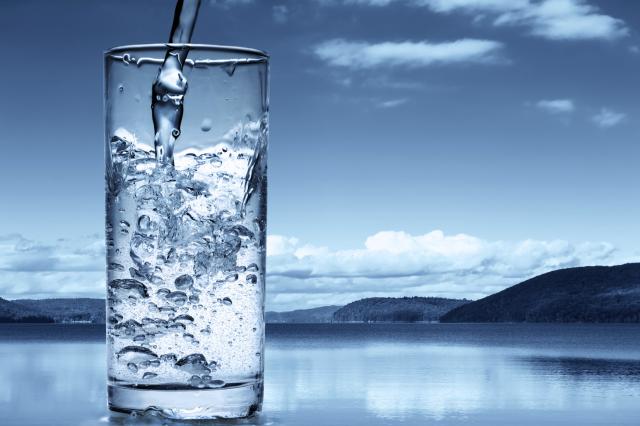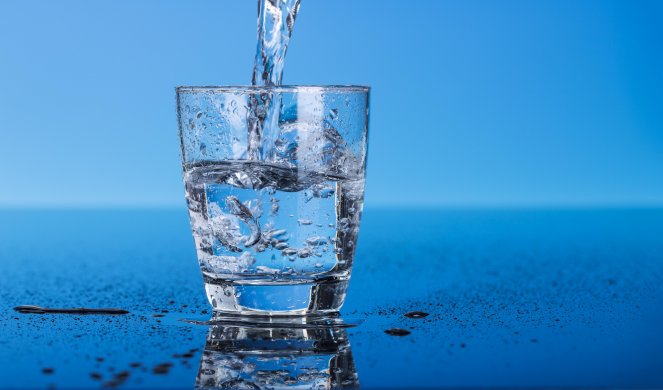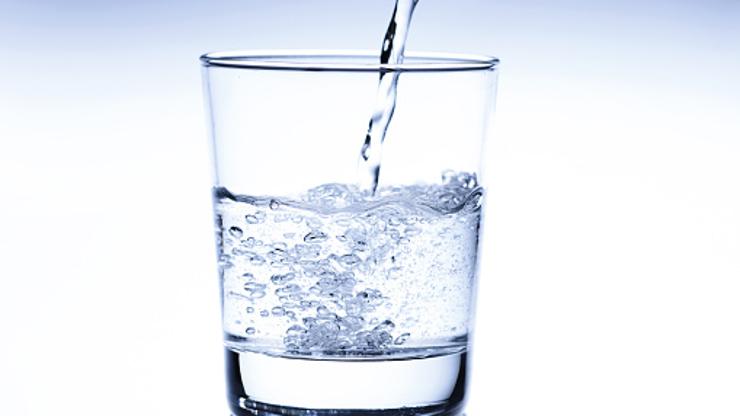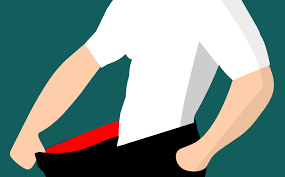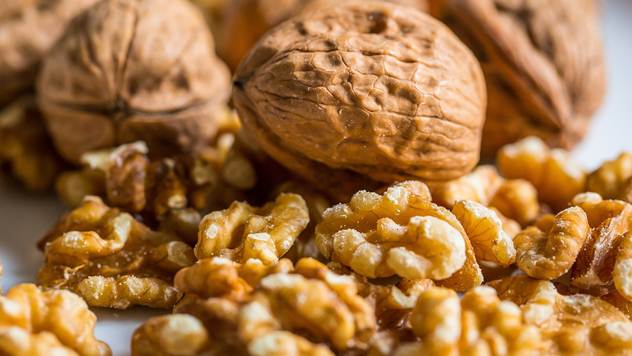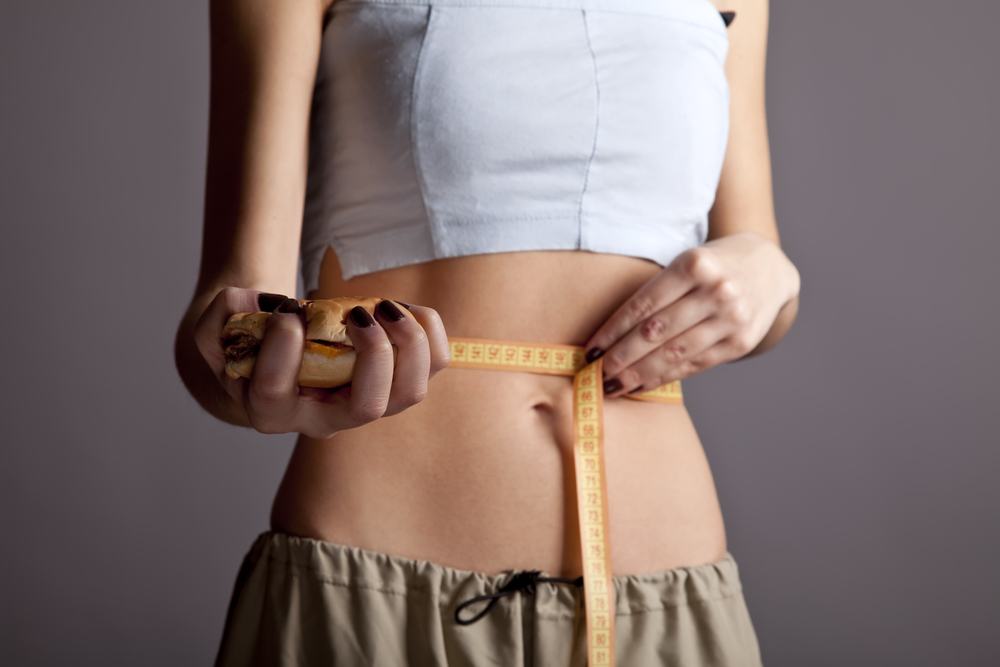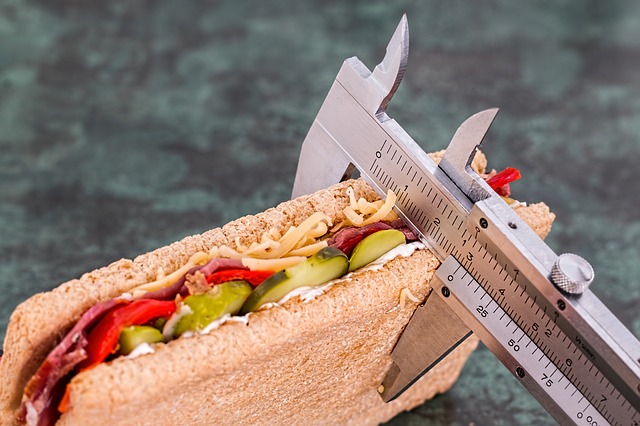
Quick and unhealthy weight loss is one of the most widespread fixations in our culture today. Why wouldn’t it be?
The number of you was raised in a family or environment where people were constantly dieting, saying they were “fat” and putting themselves down because of the numbers on the scale?
Raise your hand if you begin sweating when you think of how you’ll look at an approaching high school reunion, wedding event, vacation party, or beach holiday. The pressure we placed on ourselves to drop pounds quickly is not only bad for our hearts and minds, it also takes a toll on our bodies. Frankly, the lose-weight-quick promises on books and items are ridiculous and harmful.
Let’s get something straight prior to proceeding: You are stunning, valuable and remarkable just the way you are. What I’m about to share is for those of you who want to reduce weight in a healthy, balanced, and sensible method. The weight-loss procedure can really be a healing experience when you concentrate on your general wellness and accept that it will require time to reach your objectives.
Here are some suggestions:
- Strive no more than 1-2 pounds of weight-loss each week
Once again, I know it may sound like a snail’s speed, particularly if you have 50 or 60 pounds you want to lose, however shedding 1-2 pounds weekly is going to get you to your objective and assist you stay there. One pound is equivalent to 3500 calories. So if you lose 1 pound in a week, that indicates you’ve eaten 3500 fewer calories that week or burned an extra 3500 calories (or a combination of the two). Here’s a fun way to think about it: If you were to hold a pound of fat in your hand, it’s about the size of small butternut squash. Oh, my gourd! At that rate, you will have lost 25 squash in 6 months. Bravo!
- Change your weight-loss state of mind
Slow it down and be mild with yourself. Take the pressure off and open your mind. Release the all-or-nothing beliefs, trends, and misconceptions you’ve gotten along the way, particularly when it concerns carbs. In some cases, we can feel like a big failure when it concerns weight reduction if we slip up and eat the “naughty” foods. If you’re feeling caught up in the stress, then I’m handing you a free pass to forgive yourself! Focus on all the other areas of your life that you’re effective in.
Instead of striving to just drop a particular amount of pounds, shift your frame of mind to enhancing your total wellness with healthy foods, exercise you like, and self-care. When you do, the weight loss will undoubtedly follow.
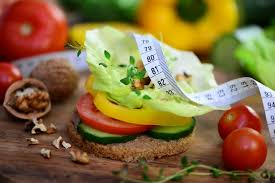
- Weigh yourself no more than once a week
To be truthful, I stopped weighing myself long ago. But if you’re curious (and ideally not obsessed) here are some things to keep in mind. Your weight can change 3-4 pounds from day to day due to salt consumption, water loss, dehydration, and even hormone levels. If you’re stepping on the scale each morning, you might feel on top of the world one day, just to find yourself frustrated the next. Prevent this roller rollercoaster by selecting one early morning a week to weigh yourself, and do it before you eat or consume anything. These numbers will be far more trusted. There’s a caution, though. Do not worry if you’ve been eating a veggie-loaded healthy diet plan, guzzling H2O, and working out frequently and your weight is increasing. You’re likely to structure muscle. Simply keep up the great work and check out idea # 4. In time, the number on your scale will move.
Our Nutrition Director, Jen, also recommends skipping the scale altogether, specifically in the beginning. Rather, wait up until your clothing starts fitting more loosely. In the meantime, simply concentrate on getting in touch with your body’s cravings and pleasing hints, along with your energy level. Since you understand that consuming healthy plant-powered foods, skipping the junk and alcohol, prioritizing sleep, and exercising more will get you to your goal, it’s handy to create routines that will support sustainable weight reduction and health initially. The scale can come later on when you understand you’re relocating the ideal direction and simply require a motivational boost.
- Consider taking your body measurements and tracking body fat percentage weekly
As we simply discussed, it can take a couple of weeks for the scale to show general weight reduction, particularly if you’re working out and eating a well balanced, non-fad diet. Again, this frequently means that you’re constructing muscle. So, your fat cells are reducing in size while your muscle cells are growing and getting thicker. If you’ve taken you “previously” hip, thigh, waist, and arm measurements, in addition to your body fat percentage, you’ll likely see all those numbers drop on a weekly basis. This lets you understand that you’re on the best track at a healthy speed. Plus, seeing improvement through this lens improves your self-confidence and dedication. Fad diet and crash diet typically lead to quick weight loss, however, you’re losing muscle, not fat. So, you may be getting thinner, however, your body is less toned. And, I presume that’s not one of your objectives!

- Beware of the important things that can impede weight loss success
Tension is most likely the biggest block to weight loss, and being stressed out about your weight can truly decrease your development. If you’re feeling in this manner, think about using some relaxing essential oils, consistently getting a good night’s sleep, and practicing meditation daily. Practices like these will help calm your nerves and promote balanced and long-lasting weight loss. And stress can typically be the result of the pressure we place on ourselves. Sometimes when we stop attempting, things take place naturally– even weight reduction. Make a promise to yourself that for 3 weeks you’re only going to concentrate on healthy foods, movement, and getting rest. Without unhealthy expectations, you’ll feel better, stress less, adopt healthier habits, and concentrate on your wins, instead of a number.
A slow metabolism can also make weight reduction more of a battle. Take a look at my metabolism-boosting suggestions here for methods to help your metabolic process work in your favor. The majority of them are easy things you can incorporate into your daily life. Calorie cycling- eating more calories on some days than others works for some individuals. And it can be integrated into your life in a healthy method (bear in mind that I’m not promoting consuming a big cheese pizza one day and only rice cakes the next!).
For instance, you can plan to take pleasure in a unique healthy treat every other day. Or since you know that the weekends will probably include more calories, you make smarter meal choices Monday, Wednesday, and Friday. If you follow these standards, cycling calories can accelerate your metabolic process and give you the weight-loss edge you require in a nourishing and balanced way.
If you feel bummed out by the concept of taking a sluggish method to weight reduction, take this into factor to consider. Quick weight reduction is– believe it or not– a weight loss killer. Losing more than 3 or 4 pounds a week is OK for a week or 2 if you have a lot of weight to lose, however maintaining this pace not only reduces your metabolism considerably and completely, it likewise lowers your nutrient reserves. This typically results in energy crashes and cravings, but it can likewise indicate that your weight will fast to return and harder to lose next time.

